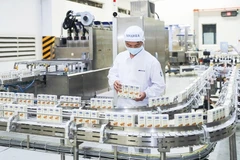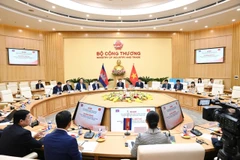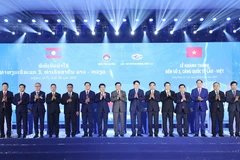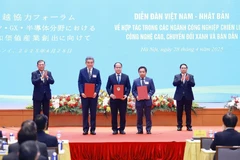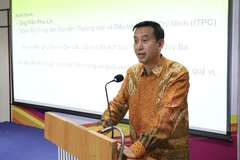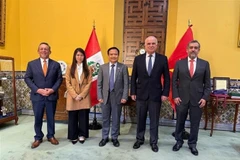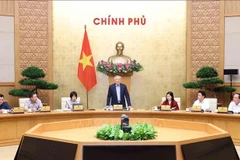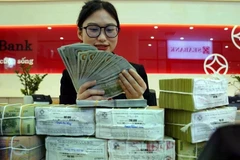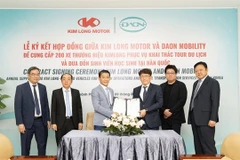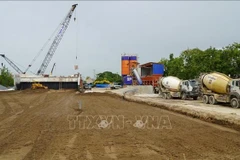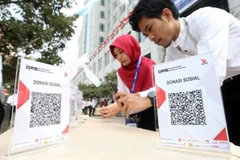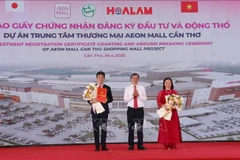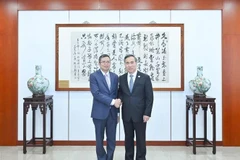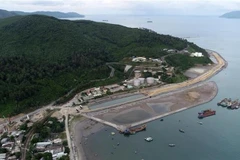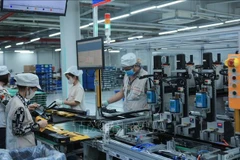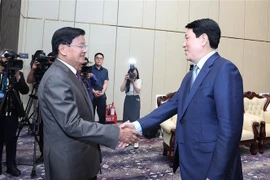Earlier, a representative from EVN said the company, Vietnam’slargest power company and sole distributor, had incurred over 28.7 trillion VND(1.18 billion USD) in losses in the first eight months of 2023. Last year,EVN also reported a loss of 26.5 trillion VND.
The company said its inability to stem the bleeding was because ithad been operating below cost as prices for raw materials and input hadincreased significantly since the beginning of the year.
To balance the finances for EVN, a representative of thedepartment said it was necessary to reduce fuel prices, promoteenergy-efficient practices, and adjust prices to offset the costs that had notbeen fully accounted for in the electricity prices.
Tran Viet Hoa, head of the department, said fuel price dynamicsfor electricity production had been, and would likely remain, unfavourable forthe immediate future as they had been observed to stay on higher levelscompared to previous years.
For example, the average price for imported coal in the first sixmonths this year was 210 USD per tonne, while lower than 2022's figure for thesame period, was still substantially higher than the 2019-2021 period at 120USD per tonne.
Average High-sulfur fuel oil (HSFO) prices were 423 USD per tonneduring the period, significantly higher than the 2019-21 average at 80 USD pertonne.
"We anticipate high prices to affect electricity generatingcosts at least for the rest of 2023. In addition, higher demand, hotter weatherand lower-than-expected output from hydropower plants have forced the system tomax out its thermal power capacity," he said.
In addition, it doesn't look like EVN can rely on domesticsuppliers for input. The last few years have seen coal production by theVietnam National Coal - Mineral Industries Group (Vinacomin) and the NortheastCorporation facing numerous difficulties. EVN has since been using a mix ofdomestic and imported coal for electricity production.
Hoa said imported coal currently accounts for about 40-60% of thesystem's supply and therefore, will fluctuate according to global prices.
He advised EVN to quickly roll out solutions to improve efficiencyand raise awareness among consumers on energy-saving practices.
"These, however, are stop-gap measures. In order to balancethe books, EVN must find a way to reduce its input costs, including andespecially fuel prices, and increase energy efficiency. The government shouldalso consider allowing price adjustments to help EVN recover some of itslosses.", he said.
Tran Dinh Thien, former head of the Vietnam Institute ofEconomics, said it's about time electricity prices started a transition to amore market-oriented model, which will allow companies to operate moreeffectively.
Industry experts and insiders have long voiced their concerns overhow current electricity prices do not keep up with the market while largelyfailing to reflect input cost, which likely will cause stability issues for theentire system in the medium and long terms./.





